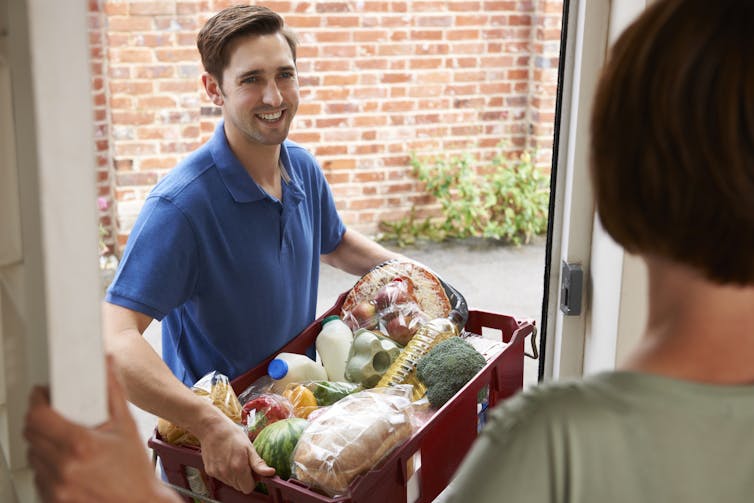One of the strategies the British government will use to control the spread of COVID-19 is self-isolation.
In case you are wondering exactly what self-isolation entails, we have provided 10 question and answers.
1. Who needs to self-isolate?
People who have travelled to high-risk countries and people who have been in contact with a known case have been asked to self-isolate. And, if symptoms develop, those people are being transferred to special hospital units to prevent further spread.
To reduce the impact on the NHS and protect vulnerable people from COVID-19, it is being proposed that at some time in the next few weeks people with mild cold-like symptoms will be asked to self-isolate at home as well.
Another reason to self-isolate, not much discussed yet, is when particularly vulnerable people want to prevent any exposure to infection. Although such isolation is not yet appropriate, it may become so as COVID-19 spreads in the UK. Self-isolation will be easier if you plan for this possibility.
2. How can I know if I’m self-isolating correctly?
The NHS advises that people should stay at home, separate themselves from other people where practical, and only allow people who usually live with them to stay in the same residence.
But precautionary self-isolation doesn’t mean stopping your whole life or having no contact with anyone. It does mean staying on your property indoors or in your garden as much as possible to minimise exposing other people to your germs. You may want to stay in just a few rooms in your home and not spend time with others in your household. Otherwise, you can do what you would normally do in your own home.
3. Do I have to self-isolate?
The government has enacted emergency powers that means people can be forced to stay at home. But no one wants those powers to be used. The government is being encouraged to create support-measures for sick pay and benefit payments to make self-isolation easier.
4. Should I get tested for COVID-19 if I just have cold symptoms?
It’s important to prioritise testing on people who have travelled to a high-risk zone, have been in contact with known COVID-19 patients, or have especially relevant symptoms. If in doubt, phone the local coronavirus hotline.
5. How do I get treatment for an existing illness?
Talk to your GP about your specific needs. Regular prescriptions can be picked up by others on your behalf and brought to your home. Other treatment can be managed but may need special arrangements.
6. Does that mean my housemates might be free to go out, even if I’m self-isolating?
Yes. Unless you test positive for COVID-19, they can go out. There are currently no plans for well people who have no respiratory symptoms or exposure or travel history to self-isolate.
7. What if I need help with young children?
The ideal is to keep your distance from other household members, but only if this is reasonably practical. Trusted family or friends can take well children out and to school or nursery. Contact your health visitor or social services if you need extra support for your children.
8. How do I get food or other necessities?
If you don’t live with any well adults who can go out shopping, try to get your food delivered either by a friend or neighbour or by using an online delivery service. Ask these people to leave your shopping on the doorstep rather than bring it into your house. Consider any elderly or disabled friends or neighbours who may not be able to get to the shops themselves and ask if you can help them with their shopping. Use online delivery services for grocery shopping. SpeedKingz/Shutterstock
Use online delivery services for grocery shopping. SpeedKingz/Shutterstock

9. How do I stay healthy?
Prolonged isolation can take a toll on mental health. It is important to reduce the chances of becoming anxious or depressed. Stay in touch with family and friends and see if someone will check on you regularly. We need to stay fit, so do what exercise you can without leaving home. Try to clean bathroom and kitchen surfaces daily.
10. What do I do about my pets?
If possible keep away from your pets or wash your hands before and after contact. You can let your cat out but try to get a friend to walk your dog. They should wash their hands after walking the dog. Paul Hunter is a member of the World Health Organization Health Emergencies Program (WHE) Experts Advisory Panel for Infection Prevention and Control (IPC) Preparedness, Readiness and Response to COVID-19.
Paul Hunter is a member of the World Health Organization Health Emergencies Program (WHE) Experts Advisory Panel for Infection Prevention and Control (IPC) Preparedness, Readiness and Response to COVID-19.
Julii Brainard does not work for, consult, own shares in or receive funding from any company or organisation that would benefit from this article, and has disclosed no relevant affiliations beyond their academic appointment.

